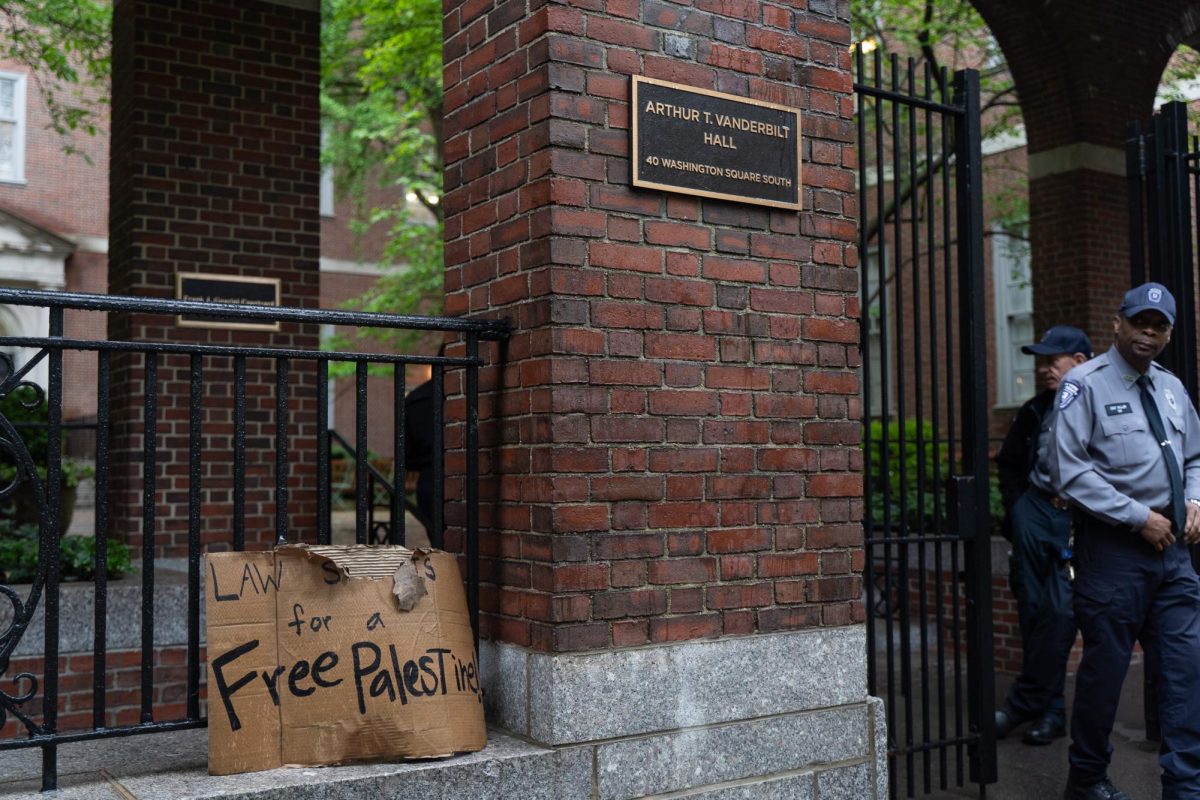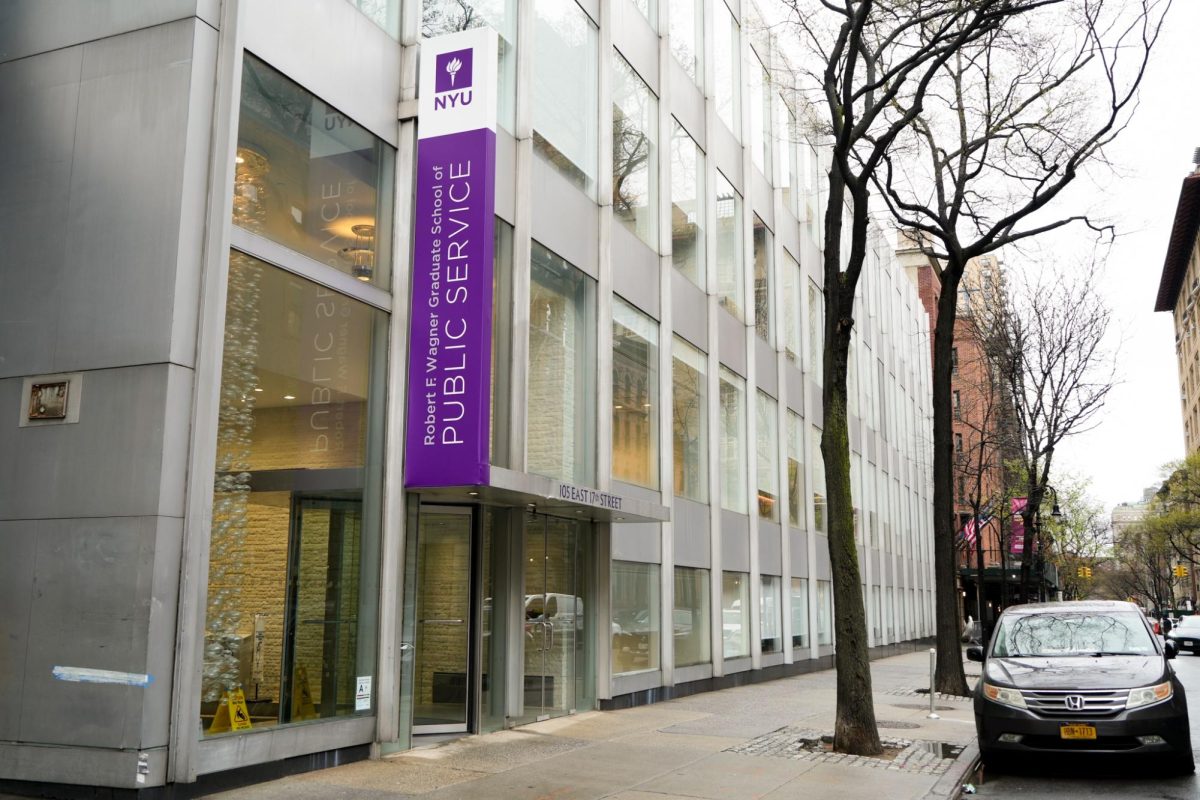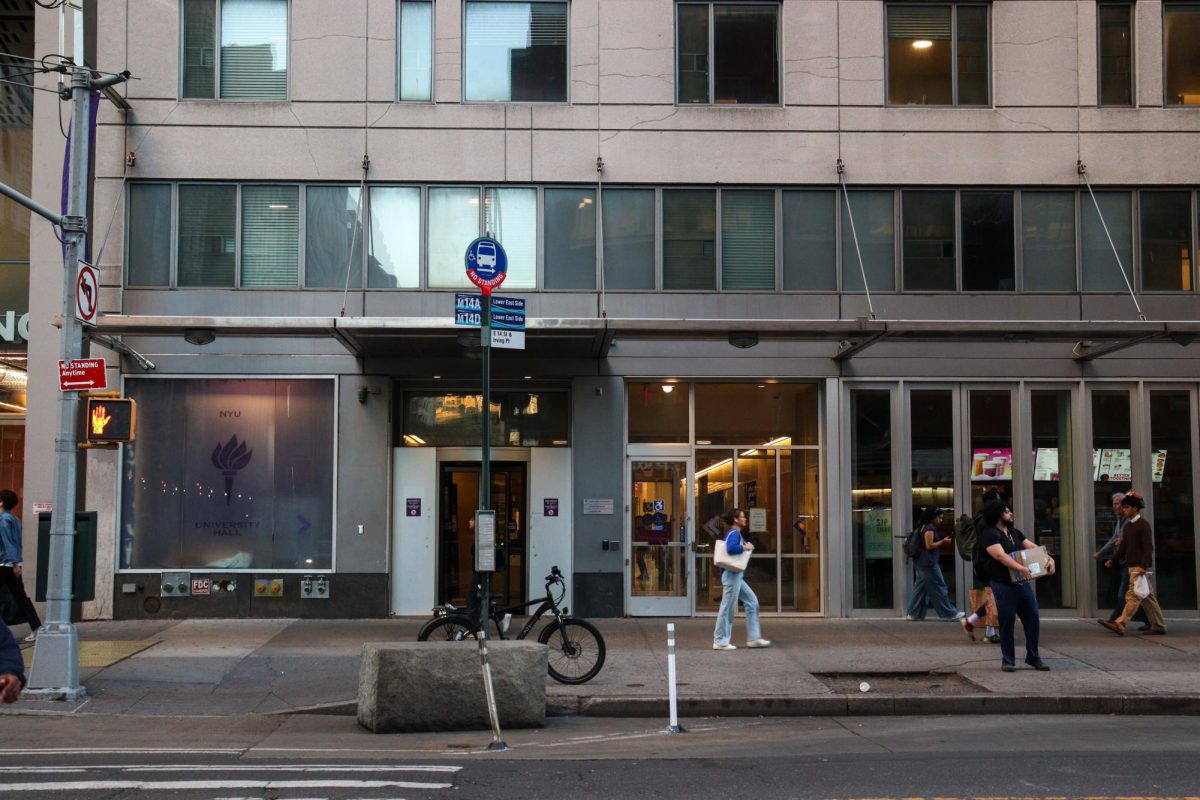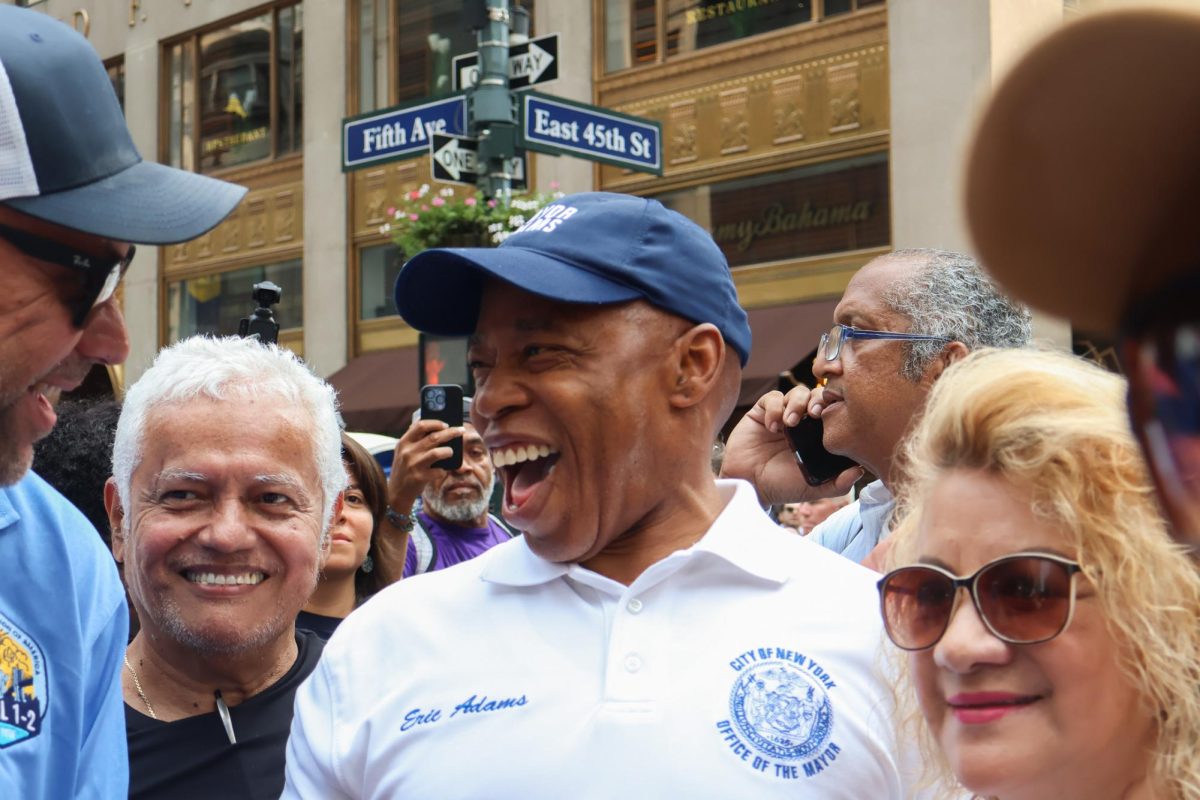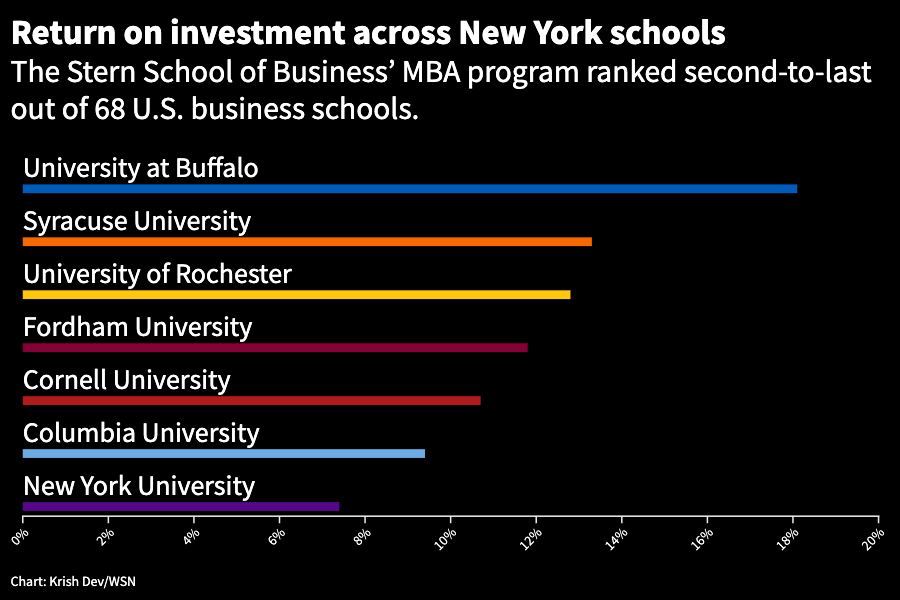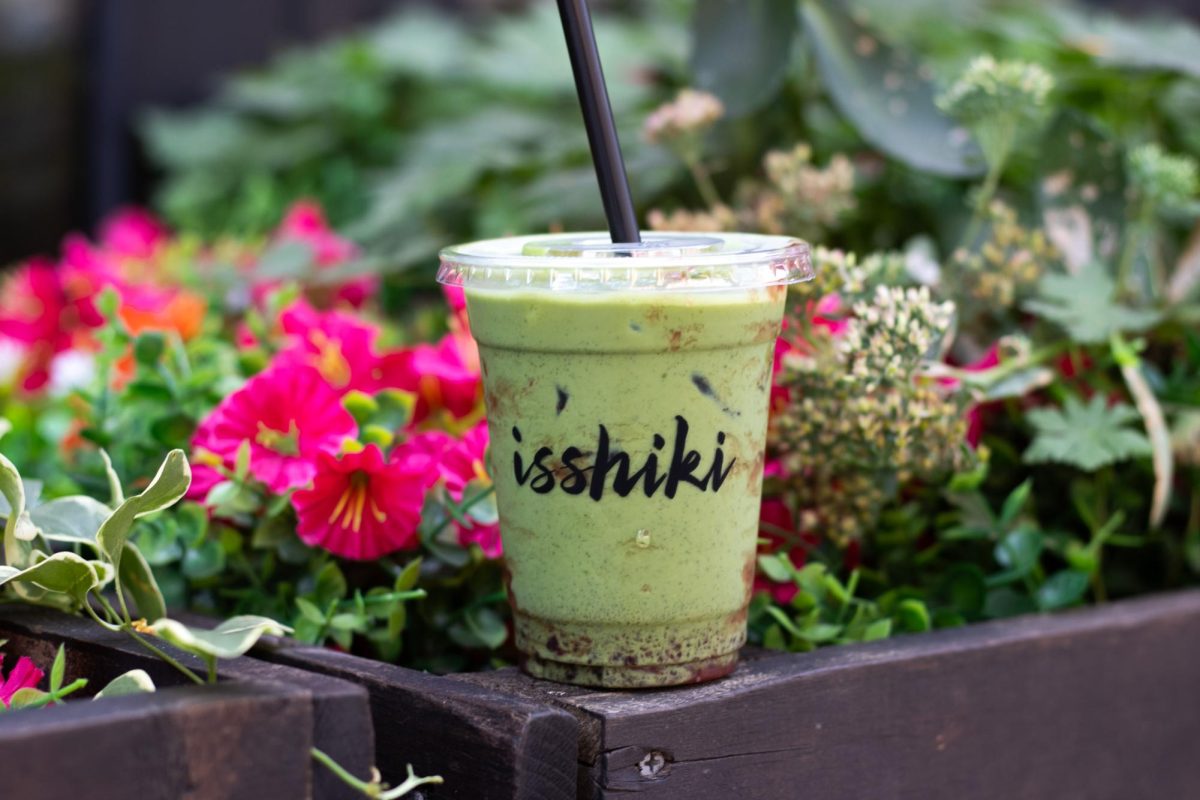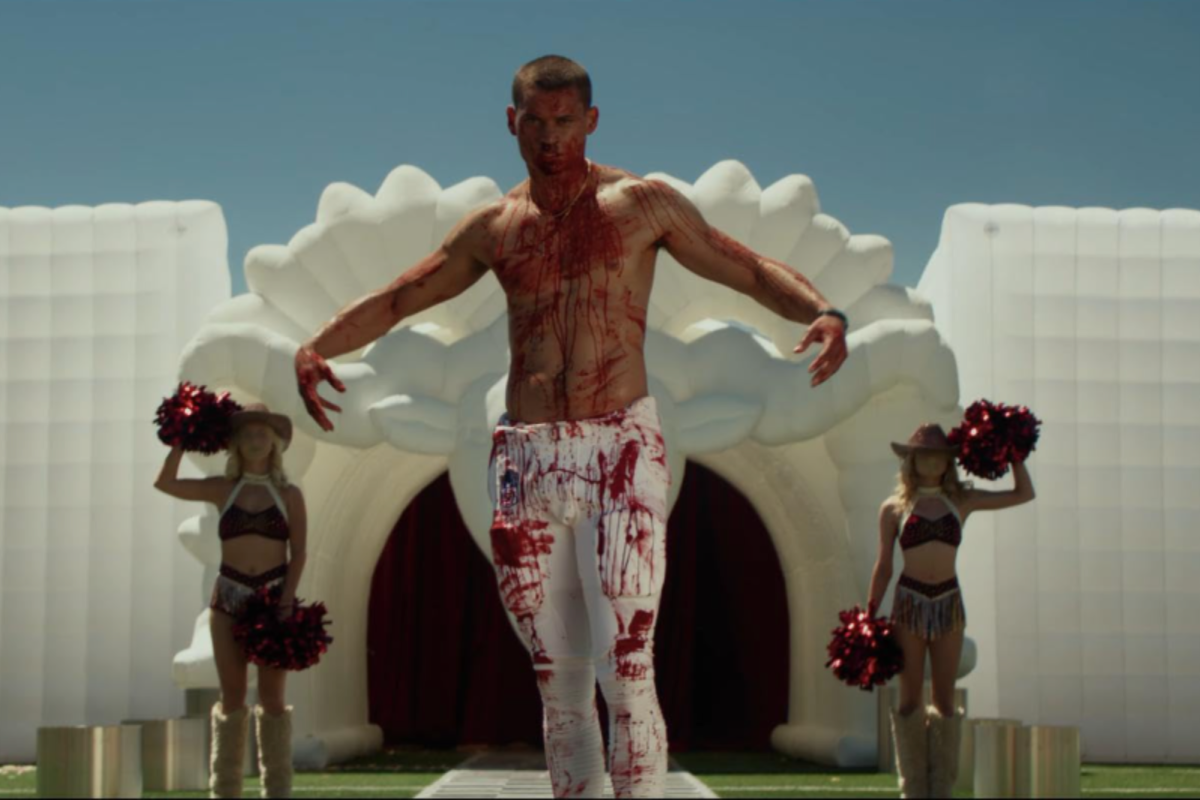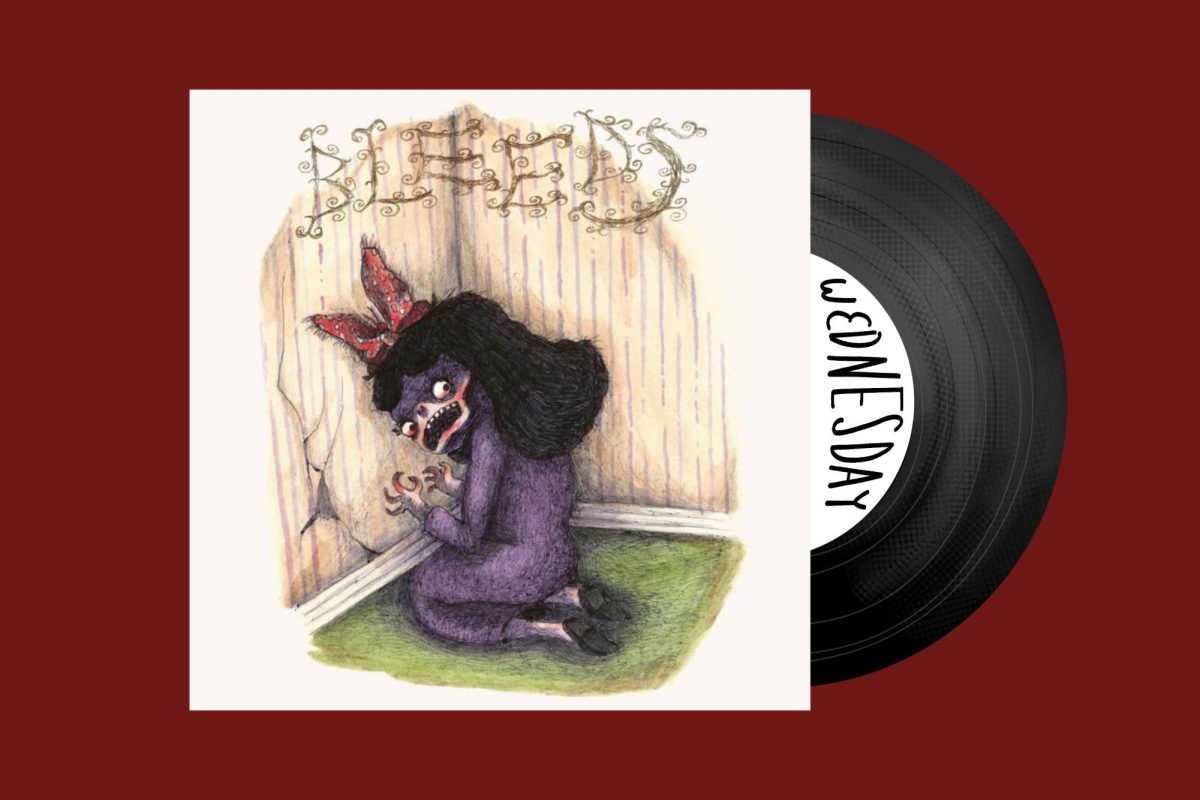In the early 2000s, Brandy Melville gained traction because of its breezy, coquette-style clothing. Soon, the aesthetic turned into a stamp of approval used to brand the haves and the have-nots; the haves being skinny white girls and the have-nots being anyone of a minority or non-conventional body type.
HBO’s newest documentary “Brandy Hellville & the Cult of Fast Fashion,” directed by Eva Orner reveals the chain’s not-so-secret problematic history — one involving racism, overconsumption, toxic work environments and even sexual abuse. With so many fundamental flaws in the company, it was impossible for Orner to fit all them into a roughly 90-minute show. Instead, she used the lived experiences of former employees to comment on larger societal issues of social media influence, irresponsible fashion consumption and environmental waste.
The film begins with clips of 2010 Youtube and Instagram influencers shopping at Brandy Melville and recording hauls. Popular names like Hannah Meloche and Summer Mckeen bring up innocent memories of purple mandala flags, velvet scrunchies and galaxy print. For me, this nostalgia quickly faded upon seeing the endless bags of clothes they were advertising. I noticed the large amount of consumption portrayed, but Orner’s approach may have been too subtle about the destructive nature of consumption culture for a more general audience. There’s no arguing Brandy Melville isn’t built on problematic ideals, but the brand is only so influential because of a much larger, more dangerous beast: social media. Given social media’s undeniable role in launching Brandy Melville’s success, I was surprised that Orner neglected to include video clips of Emma Chamberlain, a large — and perhaps the largest — promoter of the brand during this time.
Orner’s interviews only highlight social media’s ability to manipulate young women more: the conversations with former employees showed how much they prioritized their social media perception. Within the first five minutes of the film, one former employee says that if girls at her school weren’t wearing Brandy Melville they “weren’t as great as [she] was. Maybe they weren’t as pretty. Maybe there was something wrong with them.” The anecdote is only one example of the unforgiving reality of brand-related status. While clearly a superficial concern, it can do real damage to how young women perceive themselves and others.
Orner also uses anecdotal evidence as undeniable proof of Brandy Melville’s racist policies. The CEO and founder of Brandy Melville, Stephan Marsan, was known to be racist and exile workers of color to the stockroom. The only Black former employee found for the film shared that “we all knew it was not right that we were…pushed in the back out of sight,” Lee, another former employee interviewed in the film, also corroborated the racism pervading the brand’s stores, saying “there was an awareness” of these problems among employees.
Beyond Brandy Melville’s deceptively innocent storefronts is another dark reality Orner portrayed in the film — the mounds of fabric waste left on the shores of Accra, Ghana due to the brand’s production methods. Liz Ricketts with The Or Foundation, an organization dedicated to fighting corporate colonialism and promoting sustainable fashion development, said that locals call the fabric waste deliveries “Obruni Wawu, which means dead white man’s clothes,” because they assumed they came from people who died. Brandy Melville’s discarded fabrics are commonly found among the piles.
With the rise of TikTok Shop, fast-fashion brands like Shein and trends filtering through social media faster than ever, Orner leaves viewers with an urgent desire to change their relationship to fashion and social media and avoid polluting more of the world with tons of fashion-related waste.
Brandy Melville’s business model is based on consumers being ignorant and concerned about being left behind in a world where surface-level presentation is seen as determining social status. By ripping away the chain’s charming facade, Orner reveals that Brandy Melville’s customers are playing into a false narrative that obfuscates real issues of racism, social media harm and body-shaming in fast fashion.
Contact Bella Simonte at [email protected].

